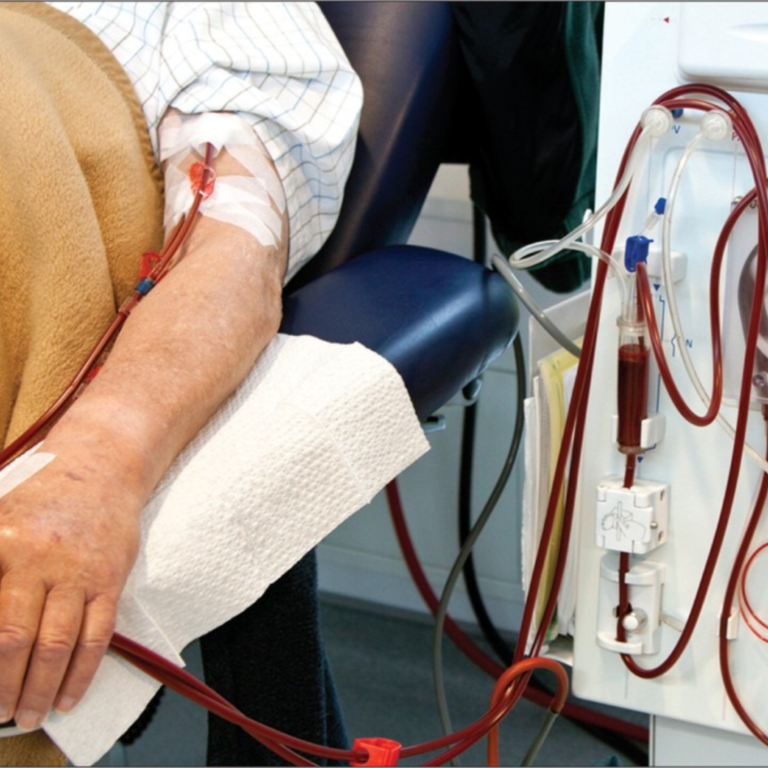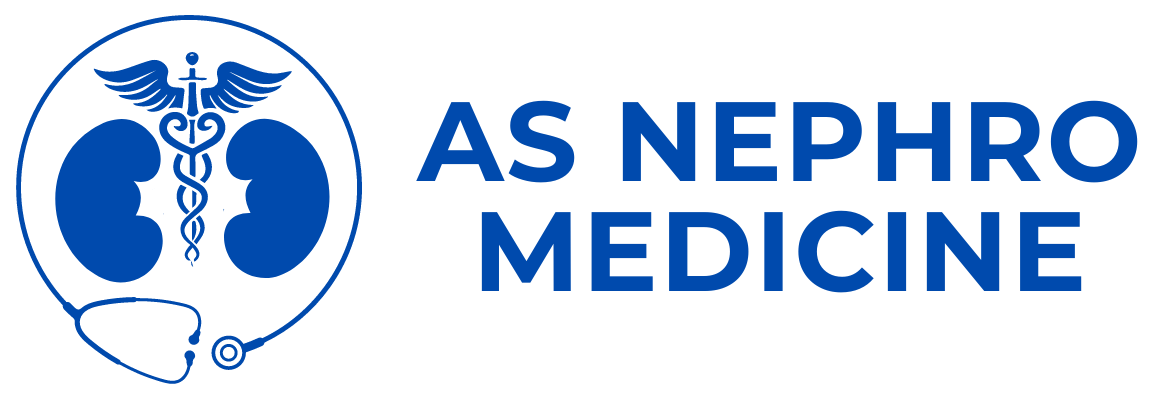
What is Critical Care Nephrology?

Benefits of Critical Care nephrology
- Specialized Expertise: Critical care nephrologists possess specialized knowledge and training in both nephrology and critical care medicine, enabling them to effectively diagnose and manage complex kidney conditions in critically ill patients.
- Timely Intervention: Early recognition and management of acute kidney injury (AKI) and other kidney-related complications can help prevent progression to more severe stages, improving patient outcomes.
- Fluid and Electrolyte Management: Expertise in balancing fluid intake and output, correcting electrolyte imbalances, and optimizing fluid status are critical in maintaining hemodynamic stability and preventing complications.
- Improving Patient Outcomes: By focusing on early diagnosis, proactive management, and personalized treatment strategies, critical care nephrology aims to improve survival rates, reduce complications, and enhance quality of life for critically ill patients with kidney involvement.
FAQs
While general nephrology focuses on outpatient management of chronic kidney diseases and kidney transplantation, critical care nephrology deals with acute and severe kidney conditions in hospitalized patients requiring intensive care. It emphasizes rapid diagnosis, immediate intervention, and close monitoring in critical care settings.
Critical care nephrology is essential when critically ill patients experience kidney complications such as acute kidney injury (AKI), electrolyte imbalances, fluid overload or dehydration, and exacerbation of chronic kidney disease (CKD). It is particularly crucial in managing patients with multi-organ dysfunction where kidney function is compromised.
Critical care nephrology addresses a range of conditions including acute kidney injury (AKI), chronic kidney disease (CKD) exacerbations, electrolyte disturbances (e.g., high potassium levels), fluid management issues, drug-induced kidney toxicity, and kidney complications associated with sepsis or critical illnesses.
Treatments in critical care nephrology include renal replacement therapies (such as dialysis), management of fluid and electrolyte imbalances, administration of medications to support kidney function, and interventions to address underlying causes of kidney dysfunction.
A critical care nephrologist collaborates with other specialists in the intensive care unit (ICU) to provide specialized care for patients with kidney involvement in critical illnesses. They contribute expertise in managing complex kidney conditions, optimizing treatment strategies, and coordinating multidisciplinary care to improve patient outcomes.
